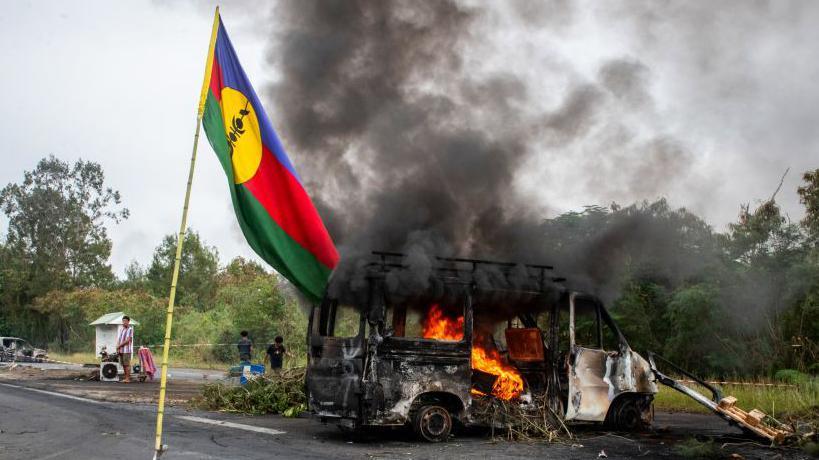TikTok ban lifted as New Caledonia emergency ends
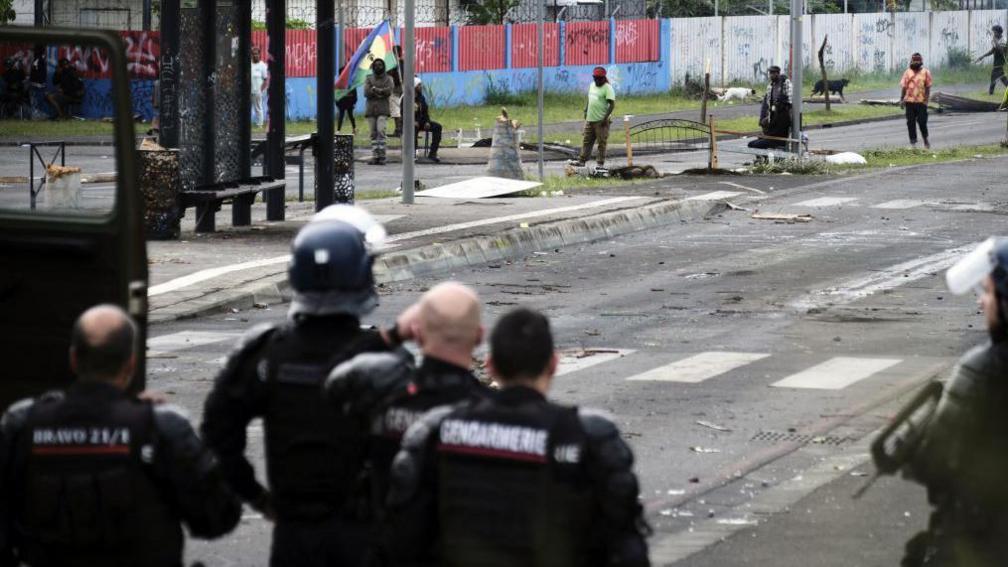
Roadblocks have not yet been dismantled despite the end of the state of emergency
- Published
France has lifted a ban on the TikTok social media app in New Caledonia, two weeks after it was imposed in a bid to stop the spread of rioting.
The decision follows the end of a state of emergency, imposed when tensions spilled over this month on the tiny French-Pacific territory, and indigenous Kanaks protested over planned electoral reforms.
Seven people have been killed and hundreds more hurt since violence erupted in the archipelago between Australia and Fiji.
The French government had suggested earlier that the Chinese app TikTok was being used to spread disinformation, and it accused Beijing and Azerbaijan of interfering in the crisis. Many TikTok users were able to get around the ban by using VPN web-based addresses outside New Caledonia.
Although the protests have not been called off and an overnight curfew remains in place in New Caledonia, the French government decided not to extend the state of emergency on Tuesday.
France has deployed some 3,500 security forces personnel to maintain calm and the international airport in the capital Nouméa will remain shut until at least Sunday. However, tensions have calmed on the streets since President Emmanuel Macron made the 17,000km (10,600-mile) trip to the archipelago and promised not to force through any reforms to New Caledonia's voting system.
New Caledonia has a population of about 300,000 people, including 112,000 indigenous Kanaks.
In a statement on Wednesday, the French high commission in Nouméa said that the continuing presence of police and gendarmes on the ground meant that calm was returning to New Caledonia and that the ban on Tiktok could be lifted.
The ban, unprecedented in France, had prompted several groups to challenge what they condemned as an attack on freedom of communication and information. However, authorities said TikTok had been used to spread incitement and hatred.
French MP Claude Malhuret warned that foreign interference was also a problem: "It's time to end our state of denial - we have to protect ourselves from it."
France has accused Azerbaijan in particular of backing separatists in New Caledonia, by flooding social media with what it said were misleading images. Azerbaijan rejected the French allegations and accused Paris of "neo-colonialist policies".
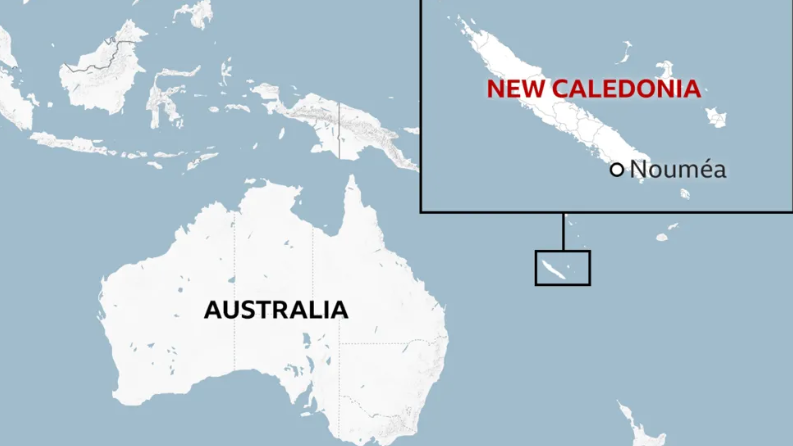
Among the seven people killed in the unrest were two gendarmes. And French World Cup winner Christian Karambeu has revealed that a niece and nephew were among those who died. "We hope that there will be investigations into these murders," he told French radio.
By not renewing the state of emergency beyond an initial 12 days, the Elysée Palace was hoping for tensions to calm still further and for protesters to remove roadblocks, a key condition for "concrete and serious" talks to begin.
The pro-independence group behind the protests, CCAT, does not appear ready to abandon the protests entirely. A recording has emerged of its president, Christian Tein, saying that "80 years of colonial economy has been brought to its knees... there's no question of strongly loosening our grip".
The main pro-independence group, FLNKS, meanwhile wants France's controversial voting reforms to be scrapped.
The National Assembly in Paris this month proposed granting voting rights to French residents who have lived in the territory for 10 years.
Since 1998, voting in provincial and assembly elections in New Caledonia has been limited to those who were residents at the time. More than 40,000 French nationals have since moved there.
Related topics
- Attribution
- Published27 May 2024
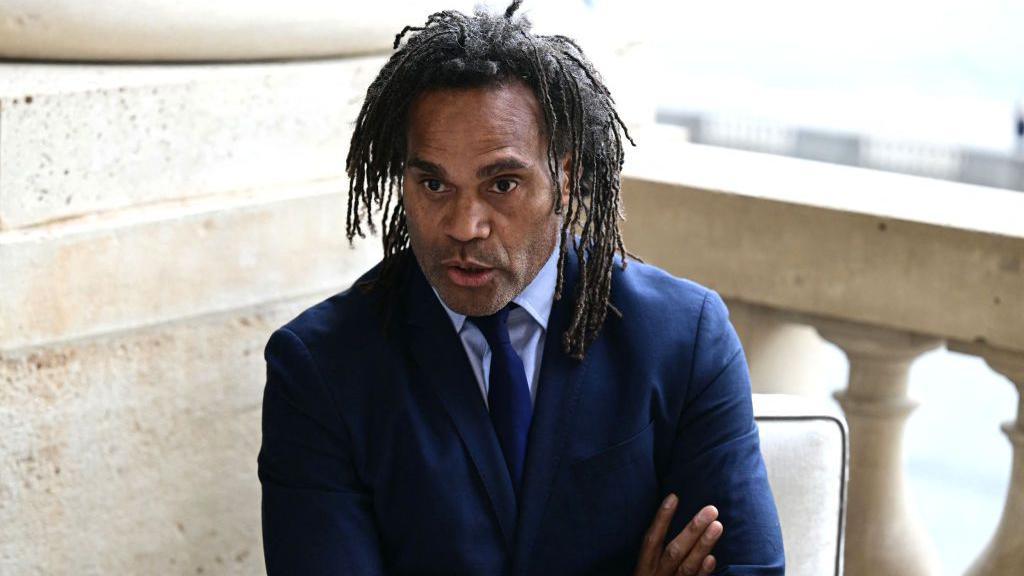
- Published23 May 2024
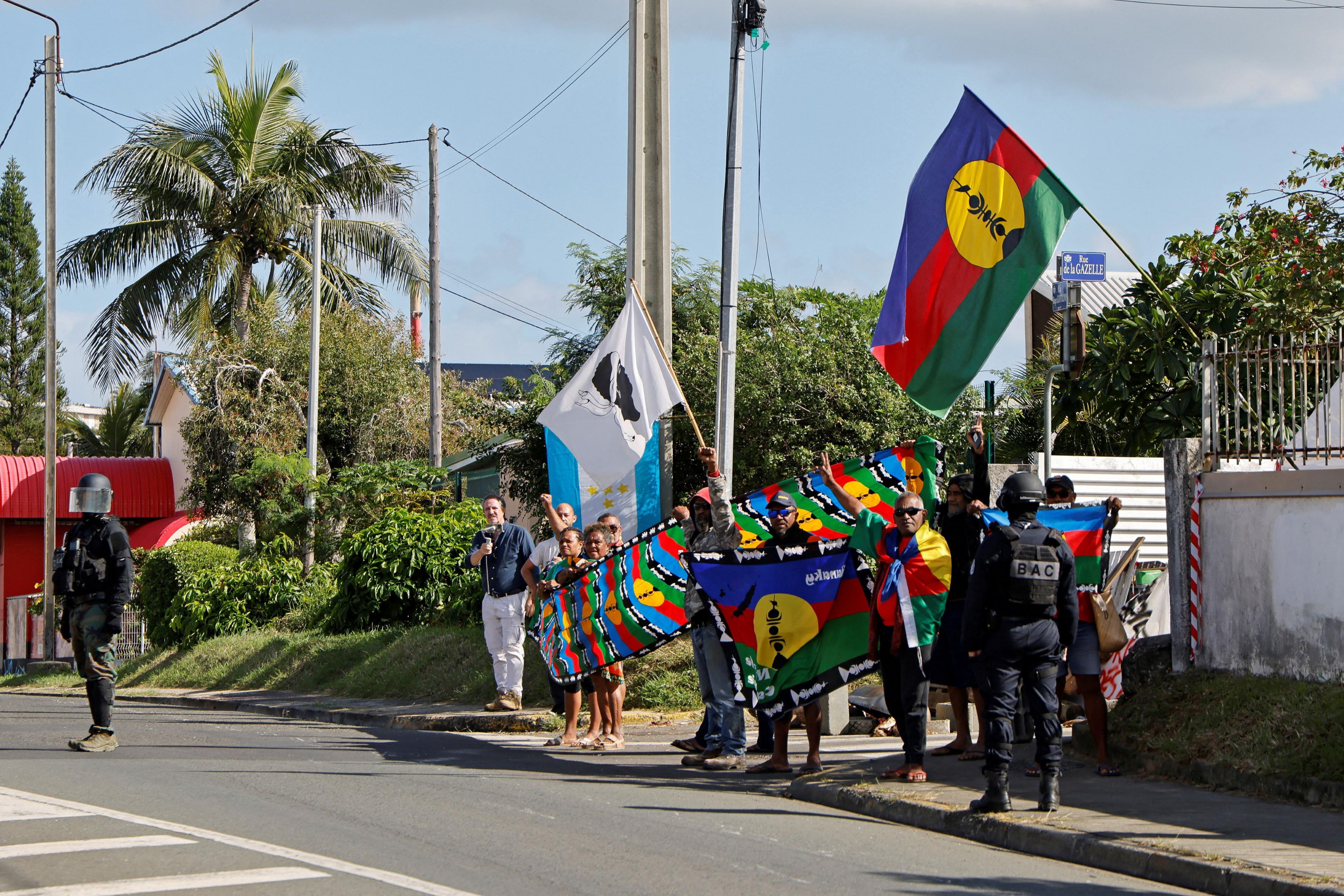
- Published22 May 2024
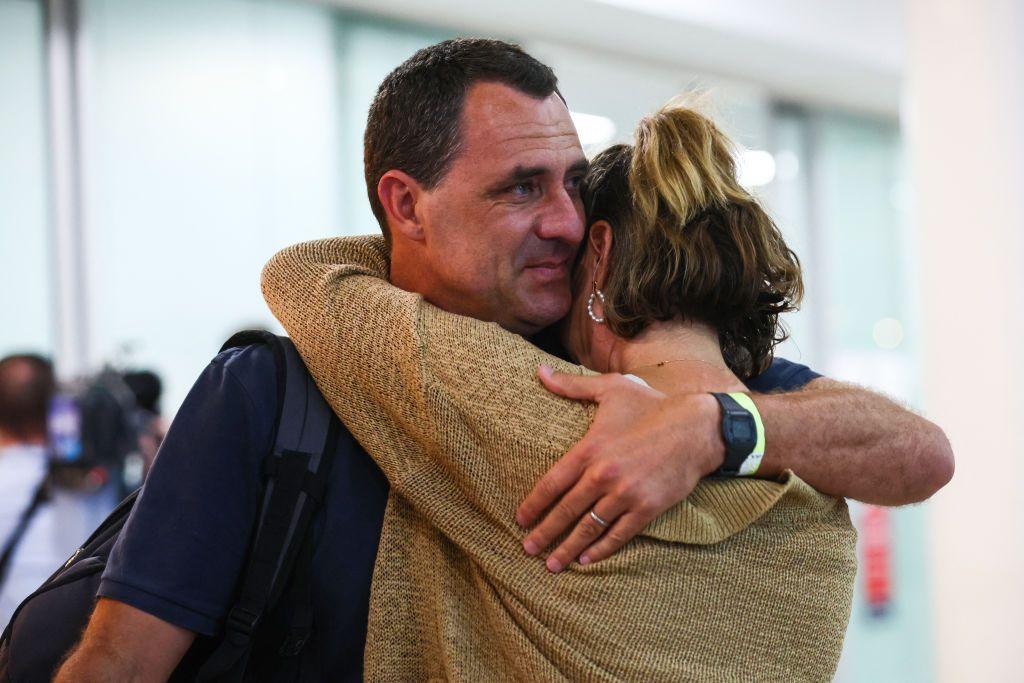
- Published21 May 2024
